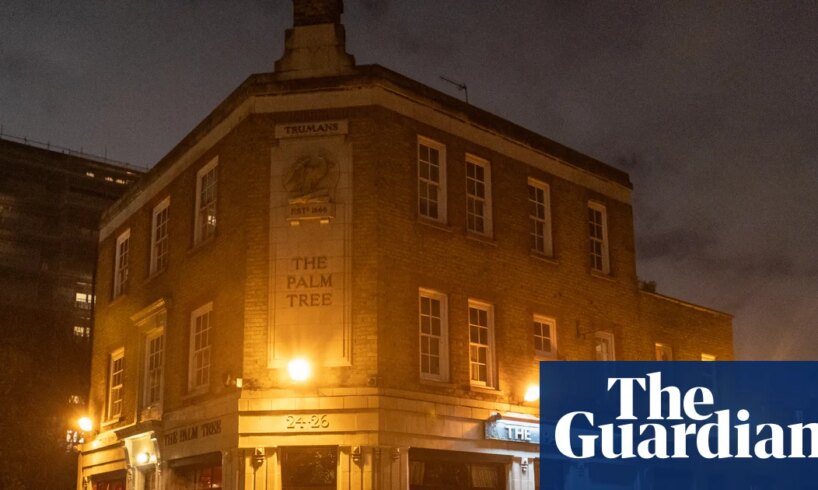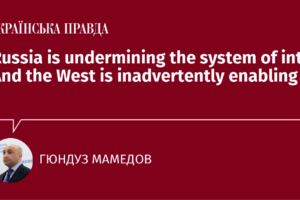
Plans to make it easier for pubs to open until the small hours will not offset the “toxic” combination of high costs and hard-up drinkers staying at home, industry figures have predicted, as they called for more help to cope with costs.
The warning comes in response to government proposals to loosen licensing laws affecting pubs in England and Wales in order to boost “the British night out” and help the hospitality sector.
The shake-up, revealed by the Guardian, is intended to cut “red tape” that makes it difficult and costly for pubs to obtain licences to offer more services, including late hours, outdoor food service and live music.
The announcement has met with effusive support from industry trade bodies and several leading executives in the pubs trade, some of whom were consulted on the proposals.
But landlords and pub company bosses have predicted the measures will have minimal effect given the much greater difficulties the sector is facing.
Tim Martin, the founder and chair of the Wetherspoon’s pub chain, called the plan a “moderate plus at best”.
“Pubs would probably prefer to have the choice as to their hours but due to economic pressures, often stemming from high taxes and costs, the pub industry as a whole has tended to reduce hours or close permanently in recent years,” he said.
Figures released earlier this year showed that the long-term decline in British pubs has continued, with closures coming at a rate of one a day in 2025.
“In reality, the ground-level crisis facing pubs and hospitality boils down to a toxic combination of the ever-rising costs involved in running a hospitality business and reduced customer spend amid the cost of living crisis,” said Paul Crossman, the chair of the Campaign for Pubs and landlord of three pubs in York.
“That is why in reality most pubs have already curtailed their opening hours, while nightclubs have closed in droves. These are the immediate issues that the government should focus their attention on, by heeding desperate universal calls for action on VAT, employers’ NI [national insurance contributions], energy costs and business rates.”
Pub-goers are tending to drink – and eat – earlier in the evening, data has shown. Photograph: Andy Hall/The Observer
Plans for later opening come amid a broader shift by consumers towards eating and drinking earlier, according to data released by the hospitality analysis firm CGA by NIQ in June. It found that average sales in the year to June were up for times before 8pm but dropped off sharply thereafter, with sales at 10pm down 5% and sales after 1am down 15%.
The chief executive of one of the UK’s leading hospitality companies, who asked not to be named, said the policy was “a Labour soundbite”.
“We have a few sites that would welcome another hour of drinking but we’d still have to staff them and factor in other running costs,” they said. “If it is quicker and less costly to get temporary extensions for events like late kick-offs in a World Cup, or pavement licences, then that is helpful but won’t move the dial.”
At the Little Taproom on Aigburth Road, in south Liverpool, the landlord, Si Perreau, said licensing red tape costs were “relatively minor” for him. “The ability to alter our offerings is welcome but it’s not the shot in the arm the government is peddling it as,” he said.
skip past newsletter promotion
Sign up to Business Today
Get set for the working day – we’ll point you to all the business news and analysis you need every morning
Privacy Notice: Newsletters may contain information about charities, online ads, and content funded by outside parties. If you do not have an account, we will create a guest account for you on theguardian.com to send you this newsletter. You can complete full registration at any time. For more information about how we use your data see our Privacy Policy. We use Google reCaptcha to protect our website and the Google Privacy Policy and Terms of Service apply.
after newsletter promotion
Perreau backed calls for reduced VAT on beer sold in pubs and bars. Wetherspoon’s has long advocated for the same measure, claiming supermarkets enjoyed an unfair advantage that allowed them to undercut pubs, leading to bargain-hunting drinkers partaking at home rather than in social situations.
John Pybus, the landlord of the Blue Bell in York, agreed. “Opening later will not make pub businesses more profitable,” he said. “Unless we tackle these root causes of the financial pressures facing pubs, we will continue to lose important pieces of our shared cultural heritage at an alarming rate.”
The blueprint for licensing reform has also drawn fire from the Institute of Alcohol Studies, which referred to it as a “charter for chaos”.
But Labour’s proposals met with a warm welcome from trade bodies including UK Hospitality and the British Beer and Pubs Association (BBPA), as well as from Nick Mackenzie, the chief executive of Greene King.
Mackenzie, who chaired the licensing taskforce that worked with the government on the policy, said: “Modernising the licensing system is a vital step towards reducing the red tape that has stifled businesses for too long.”
But Mackenzie, the BBPA and UK Hospitality all pressed the government to help ease the cost pressures on the industry, putting particular focus on business rates.
With Rachel Reeves’s second budget as chancellor approaching next month, the Treasury is considering measures that would raise business rates for larger premises, such as supermarkets and warehouses, to pay for a discount for smaller ones such as pubs and independent shops.
The Department of Business and Trade said: “This is about giving landlords greater freedom and flexibility. None will be forced to open late.
“Our review has been welcomed by industry and will boost customers, making it easier for venues to put on the kind of events that bring people together and grow the economy.”





